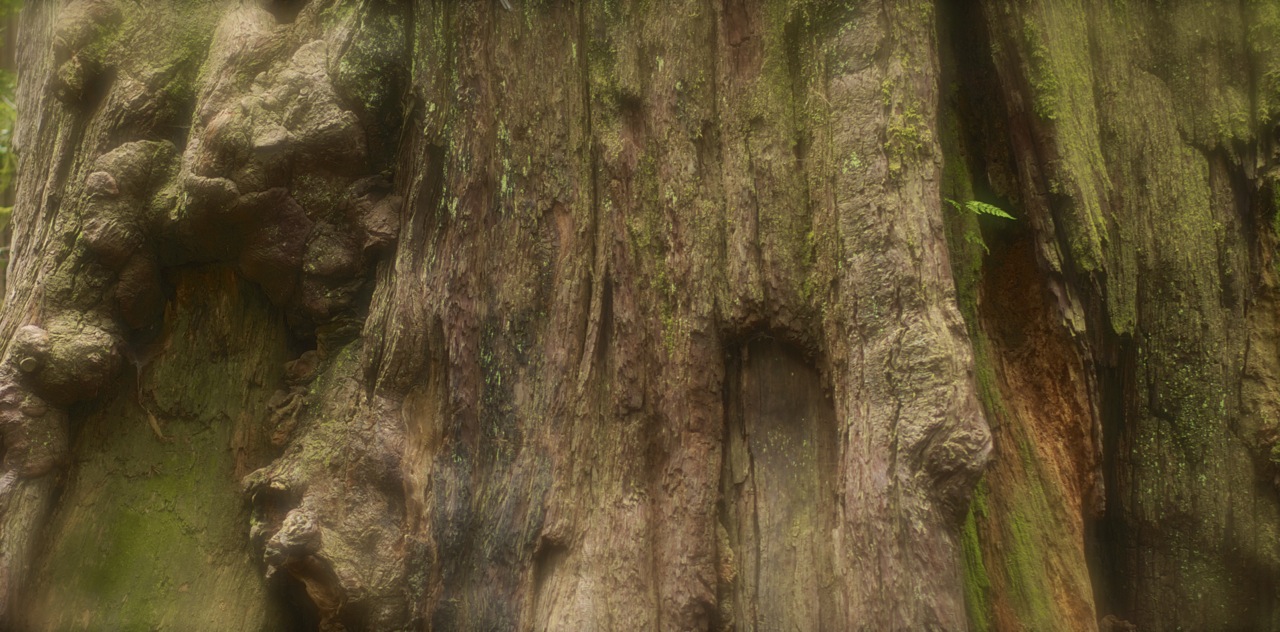When my sons were young I used to tell them stories on the drive to school. They especially liked to hear great adventures, and our tales quickly grew in complexity to include the more elaborate plots of Camelot and Robin Hood. I don’t know how it happened, but I found myself starting to tell them the story of The Lord of the Rings.
As a writer, I get asked about Tolkien a lot, especially since some of my stories include an element of myth. People want to know if I think he was a great writer. Well, he certainly taught me a lot. Especially on those drives to school. My mornings went something like this:
Son 1: Tell us more Lord of the Rings, Dad.
Me: Hmm. Let’s see… where did we leave off?
Son 2: Frodo was at the Inn at Bree.
Son 1: The Prancing Pony.
Son 2: Yeah. There’s some guy sitting and watching him. He’s got his face covered up.
Son 1: I think it’s one of those black rider people.
Son 2: It’s not. Because there would be worms and stuff crawling out of the walls and there are no worms.
Son 1: Well, it’s somebody bad. Tell us, Dad. What happened?
I was astonished at the detail with which they could recount this story. And so on we went, day after day, week after week, much like the hobbits themselves, on our great adventure. I was, of course, always careful to leave them with a cliff hanger right before dropping them off at school.
All of this caused me to reflect on Tolkien himself and why my sons held such a fervor around this story. Was Tolkien a skilled writer? I would have to say not. His prose is not beautiful or elegant. But he crafted a great story. How do I know? Because I was enthralled with the story in the same way my sons were. But they had never read Tolkien. They had only heard me re-telling his story.
Re-telling is not common in contemporary literature. People tend to think of the story and the book as the same thing. They are not.
The separation of a story and its telling is clearer to me when I think about music. I play a lot of traditional tunes from the British Isles. These wonderful tunes are hundreds of years old, and have been rendered by many musicians over time. For example, “The Wind that Shakes the Barley” is a tune that can be played lyrically, or very driving. It can be played simply, or be quite ornamented. It’s a wonderful tune whether it’s rendered by a beginner on the guitar or a master on the fiddle. The tune is separate from its rendering.
This is a useful thing to consider when writing. Of course you want polished prose. Perhaps even gilded prose. But ask yourself if the story will hold up when told and re-told by others who are not as skillful at the telling.
After all, the elves were great story tellers and players of song.
And we’re still talking about them.

